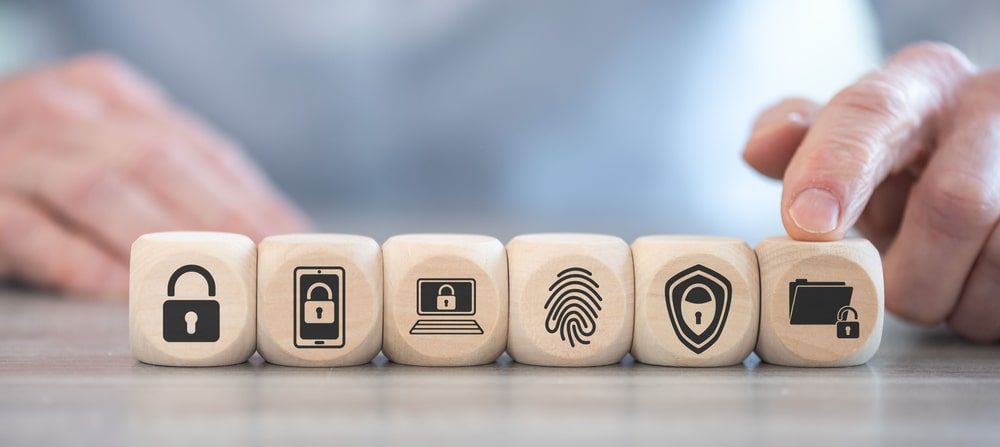
Customer Authentication
For services such as banking, healthcare and many others, Authentication is a one-to-one process making sure Customers "are who they say they are" and are therefore entitled to their assets or to the treatment they expect. Authentication is used to prevent fraudsters from taking over legitimate customers’ accounts and to protect businesses from fraudulent activity and its repercussions.


How does Authentication work?
There are different methods to carry out authentication, which vary in their degree of security, convenience, and costs.
Requiring customers to enter a password or another piece of information only they would know is the most common example of authentication.
Two-factor authentication, which adds a passcode sent to another device they own, is safer than a simple password and increasingly required by regulations to allow certain types of transactions.
Biometric authentication, which uses unique individual traits such as a fingerprint or iris, is intrinsically more secure and more convenient than knowledge-based authentication, since passwords are often stolen or leaked.
Let's take a closer look
Card and PIN: a popular authentication method, used at bank tellers, ATMs, as well as for retail payments. It is moderately secure and considered convenient by most users, but knowledge can be transferred to fraudsters and/or forgotten by legitimate users.
Identity Documents: usually difficult to forge, they may be used for authentication or as an additional security layer to allow sensitive transactions. A document may (or may not) be verified via a dedicated software, then it needs to be matched to its holder via the picture it contains, or another biometric element. Visual inspection alone is very prone to errors.
Biometrics: since identifiers (fingerprint, iris, voice, vein patterns, face scans, and more) are unique and difficult to forge, biometric solutions are considered highly secure and effective in tackling fraud. Users like that they have nothing to remember, and the gesture is quick and convenient; on the other hand, they systematically require an enrollment process.


Room for choices
There are many situations where Authentication is an unmissable process to prevent fraud, identity theft, and unauthorised access to physical spaces or valuable data. Much of our financial infrastructure relies on these methods to keep funds safe and avoid financial crimes – as do commercial entities, academic and healthcare institutions and other industries.
Each authentication method carries its own benefits and risks, so a balanced choice will rely on their in-depth understanding and their measurement against the required investment and security needs. Panini’s BioCred makes your choice easier by offering different methods in a single, integrated platform, which means letting institutions and even individual customers choose what’s best for them.
Sign up now to receive our Emerging Technologies Report
Learn how newly developed technology will play a role in the future of bank branches as banks and banking relationships continue to evolve.
Recommended links
Born for
authentication in different shapes
Implement the method that's best for you, or more than one. You can even let your customer choose the one they prefer!





